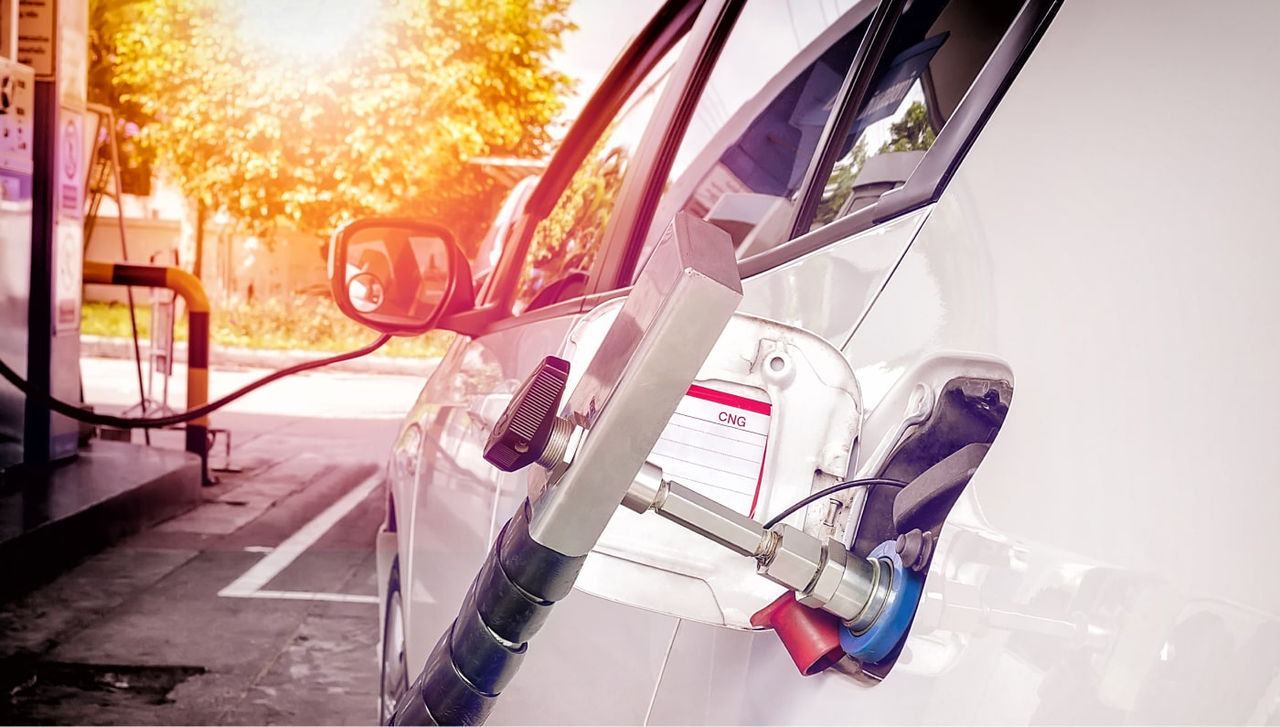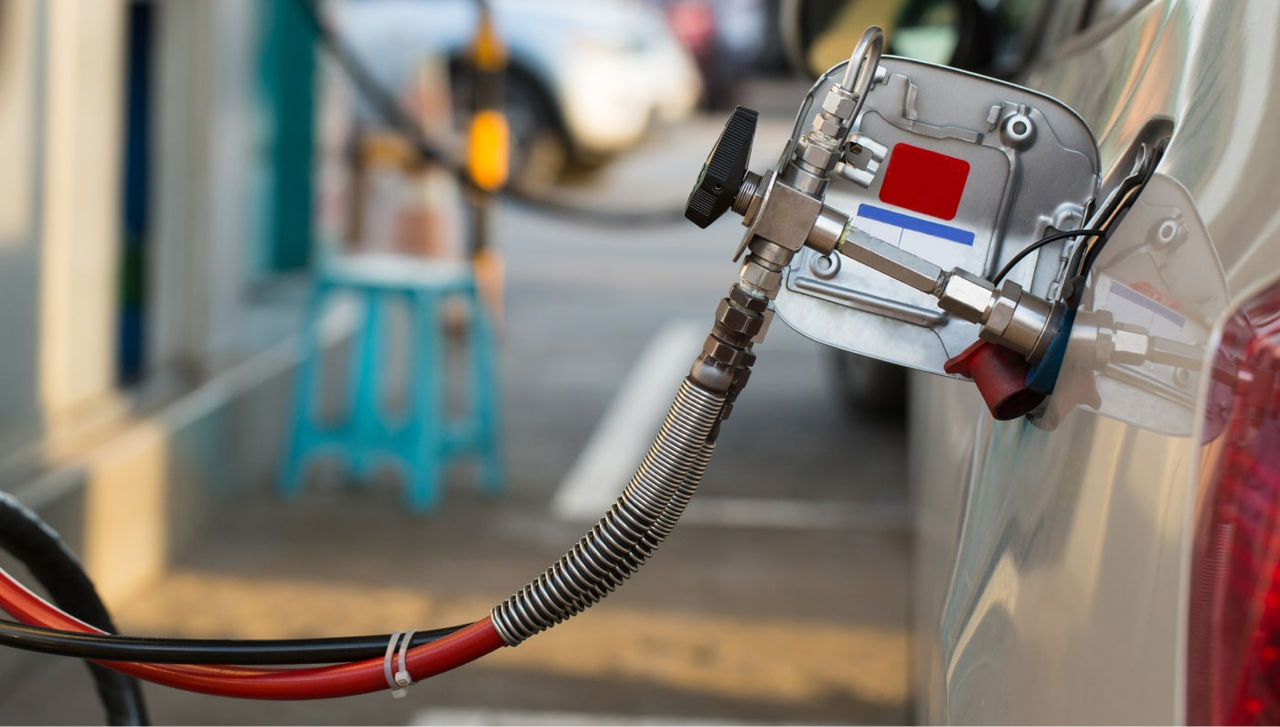©2025 Pacific Gas and Electric Company
IMPORTANT
Getting started with NGV
Compressed natural gas can cut fuel costs and help the environment. Are you ready for an NGV?
Open a natural gas vehicle account
Create an account to purchase compressed natural gas for your NGV at a PG&E station.
NGV fueling stations
Locate PG&E NGV fueling stations.
Learn more about NGVs
Alternative Fuels Data Center
Get information to help transportation decision makers reach their energy and economic goals.
California Air Resources Board (CARB)
California is leading the way to a clean transportation future.
Clean Vehicle Education Foundation
Learn about carbon-negative transportation today.
CNG fueling station alerts
Get text alerts about new and temporarily closed service stations in your area.


